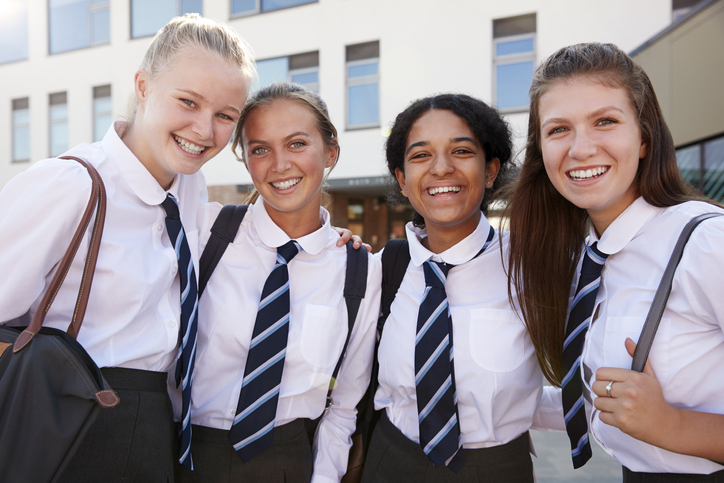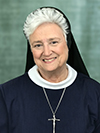
The following blog was contributed by Sr. Patricia M. McCormack, IHM, Ed.D., Director of the IHM Office of Formative Support for Parents and Teachers in Philadelphia, PA.
Sr. Pat will be presenting, “Cultivate Resilient, Self-Reliant Students – Practices of Home and School” at the 2019 NCEA Institute for Catholic School Leaders (ICSL 2019), July 14-17 in Indianapolis. SAVE the DATE!
ICSL 2019 is an engaging professional development opportunity for principals, aspiring principals, presidents, pastors and board members. Information about ICSL 2019 can be reviewed at https://www.ncea.org/icsl. Registration is now open!
“A common thread to each of the formative stages of psychosocial development is RESILIENCY – the ability to bounce back when challenges surface; to hone grit through disappointments or mistakes and maybe even, because of them!”
Are resilient and self-reliant children born with these traits or formed in these ways? “Raising resilient children” is a contemporary sound bite and a commonly heard buzzword in school settings. It strikes me that resilience is a natural virtue of early childhood. Children fall down and they get up. Their delight, wonder, and curiosity lead them to explore with a sense of abandon. They think “possibility” rather than “limitation.” They adapt to their environments and they get absorbed in the present moment. Left to their own devices, youngsters are proactive about their reality. They are spunky adventurers who trust in themselves until adults step in to protect them from themselves!
Though motivated by lots of good reasons (like efficiency, assuring accomplishment, saving time, or improving appearances), well-meaning parents, interested caregivers and some teachers do tasks for the child rather than wait for the child to complete the natural process. An adult whose pattern is to control or homogenize the details of childhood tasks may unwittingly create a sense of impotency or passivity within children. Too often these kinds of adult interventions clip wings, squash initiative, and are counterproductive to developing a sense of self-efficacy within a child.
Intrinsic self-control is essential to self-efficacy. Willpower is a by-product of successful attempts to make choices and to accept and learn from the natural consequences of those choices. Self-reliant, resilient children grow a sense of personal autonomy through repeated experiences of responsible independence. Adults foster autonomy within children when they live out the mantra: “Do nothing for children that children can do for themselves.”
Resilience, self-reliance and self-esteem are by-products of formation that are rooted in practices of security, autonomy, initiative and industry. These practices provide the physical and psychic environment for a child to develop a self-reliant and resilient character. Practices of home and school lay the foundation. Children imbibe the lessons and adapt them to future endeavors. Gradually, when left to their own devices and benefitting from trial and error, children build a psychic bank account to support self-efficacy.
Informed efforts of parents and teachers can affect the psychosocial growth of children. Therefore the presenter will offer a formational approach to student self-esteem, identify related practices of administrators, teacher, and parents, and suggest copy-ready resources for both faculty development and parent support.
Wisdom suggests, “Learn something from everyone, even if it is what not to be!” Every event or personal interaction has the potential to teach us something. These kinds of attitudes towards adversity shape a resilient character.
About the Author Dr. Patricia M. McCormack, IHM is an international formation education consultant. Her practical experience in education includes both classroom and administration experience at the elementary, secondary, and college levels. In addition to a bachelor’s degree in theology and sociology and a master’s degree in K-8 education, she holds a doctorate in private school administration.
Dr. Patricia M. McCormack, IHM is an international formation education consultant. Her practical experience in education includes both classroom and administration experience at the elementary, secondary, and college levels. In addition to a bachelor’s degree in theology and sociology and a master’s degree in K-8 education, she holds a doctorate in private school administration.